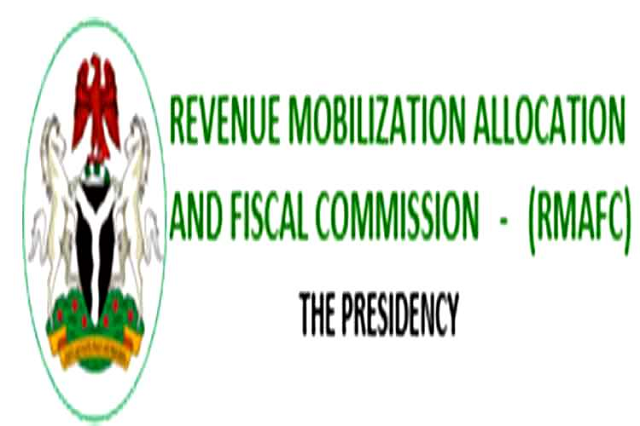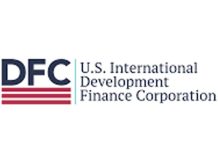The Revenue Mobilisation Allocation and Fiscal Commission (RMAFC) has strongly advocated for full autonomy for Local Government Councils (LGCs) in Nigeria, highlighting that such a move would significantly reduce poverty and curb rural-urban migration.
RMAFC Chairman, Mohammed Shehu, in a statement issued on Wednesday in Abuja, emphasized that local government councils, as the third tier of government, should operate independently of state and federal governments to ensure effective grassroots governance. This support comes as the federal government pursues legal actions to free LGCs from state control, aligning with constitutional provisions.
On May 26, the Federal Government initiated a legal action at the Supreme Court against the governors of the 36 states over alleged misconduct in the administration of Local Government Areas. The suit, filed by the Attorney General of the Federation and Minister of Justice, Lateef Fagbemi, seeks full autonomy for all local government areas in the country. The government specifically requested the court to prohibit state governors from unilaterally and unlawfully dissolving democratically elected local government leaders and from appointing caretaker committees to administer local governments.
Shehu noted that the Nigerian Constitution recognizes federal, state, and local governments as distinct tiers, each entitled to draw funds from the Federation Account. He criticized the dominance of state governments over LGCs, which undermines their political, administrative, and financial independence. This control, according to Shehu, hampers LGCs’ ability to provide quality infrastructure and social services, as intended by the Constitution, and makes it difficult for citizens to elect their local leaders, thus affecting grassroots governance.
“Granting full autonomy to LGCs will reduce poverty, curb rural-urban migration, and deliver more democratic benefits to the populace. It will also attract qualified candidates for council elections, improving governance across all levels,” Shehu stated.
He added that full autonomy would promote good governance, transparency, and accountability at the local level. He also pointed out that directing local government funds towards rural development would help minimize security challenges such as banditry, kidnappings, terrorism, and electoral violence.
Shehu emphasized the importance of granting LGCs the ability to recruit and manage staff, raise finances, make bylaws, and discharge their functions without state government interference, ensuring their full bureaucratic autonomy. He explained that financial autonomy for local governments includes the freedom to impose local taxes, generate revenue from assigned sources, allocate resources, and determine and authorize annual budgets without external interference. It also involves the disposition of tax powers, retention of revenue, and methods of sharing centrally collected revenue in line with the constitutional responsibilities of all levels of government.
The chairman reiterated that the Constitution mandates a democratically elected local government system and does not provide for any other governance systems at the local level. He maintained that local governments should be granted fiscal autonomy by ensuring that statutory allocations from the Federation Account are paid directly to their coffers.
RMAFC fully supports the ongoing suit by the Federal Government seeking an order to permit funds standing in the credits of local governments to be directly channeled to them from the Federation Account. Shehu stressed that RMAFC would continue to be a strategic partner in efforts to reposition local government councils to fulfill their constitutional responsibilities, calling on civil society organizations and the media to champion the cause of local government autonomy in Nigeria.













